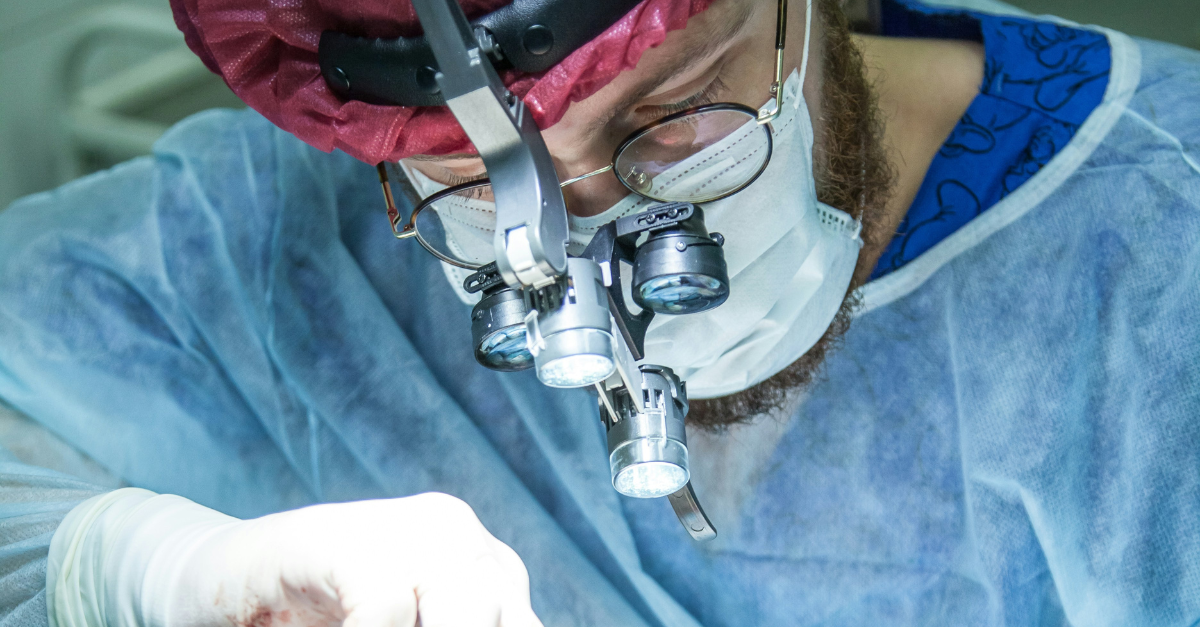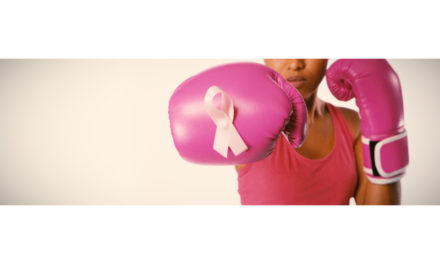Dr. Chris Endfinger is a seasoned Emergency Room physician with nearly 30 years of experience delivering high-stakes, compassionate care across Alabama. A graduate of the University of Alabama at Birmingham (UAB) School of Medicine, he completed his Family Practice residency at UAB, where he was named Intern of the Year and served as Chief Resident. From 2004 to 2007, he led as ER Director at Gadsden Regional Hospital, where he focused on improving patient outcomes and strengthening emergency care systems.
Raised by a hospital social worker mother and a small business-owner father, Chris Endfinger was drawn to medicine through a deep sense of service and responsibility. He earned his undergraduate degree in Biochemistry from David Lipscomb University, with additional studies in Math and French. Outside the ER, Chris is a devoted husband of 33 years, a proud father of two, and a grandfather. He enjoys playing guitar, reading, and staying active.
Faith plays a central role in Chris’s life and work. As a member of CrossBridge Church of Christ, he has participated in medical missions to Honduras, offering care in underserved communities. His personal blog explores the intersection of medicine, humanity, and spiritual purpose, giving voice to decades of insight from the front lines.
How do you define success as a physician after nearly 30 years in emergency medicine?
Success in medicine, especially in the ER, isn’t about prestige, numbers, or outcomes alone—it’s about integrity. For me, success means showing up every day with consistency, compassion, and clarity, regardless of what happened the day before. It’s knowing I did what was right, even when no one saw it. It’s listening when I could’ve rushed, holding a hand when there was nothing else to do, or making a tough call when everyone else hesitated. Over time, success becomes less about achievement and more about presence—being the steady voice in a storm.
What moment in your career most challenged your values, and how did you handle it?
Early on, I was in a case involving a young trauma victim with very little chance of survival. The family was asking for everything to be done, and some of the team felt it was futile. I was torn between respecting the team’s clinical judgment and honoring the family’s grief and hope. I decided to speak with the family directly, explained the reality with honesty but also empathy, and we reached a decision together. That moment taught me the importance of balancing truth with kindness. You can’t let clinical detachment override human dignity.
How do you mentally recover after a shift where you’ve experienced a loss?
It doesn’t always happen in a neat or timely way. Some losses follow me home, and that’s just part of being human. But I’ve learned not to bottle it up. I talk with trusted colleagues, I pray, and I take time to reflect. Sometimes it’s just sitting in my truck for a few minutes before driving off. I give myself permission to feel, to mourn, and then to move forward. Over the years, I’ve come to see recovery not as forgetting, but as making peace with what I couldn’t control.
What do patients teach you that medical training never could?
Everything about humility. Patients don’t care how many degrees you have or how many books you’ve read. What they care about is whether you listen, whether you care, and whether you treat them with respect. I’ve had patients in unimaginable pain who still say thank you. Others who offer humor in moments of fear. They’ve taught me resilience, grace, and that sometimes the best medicine is not a drug, but being fully present.
How has being a father and grandfather shaped the way you treat patients?
It’s deepened my empathy in ways I didn’t expect. When I treat a young adult, I see my own kids. When I care for an elderly patient, I think of what I’d want for my parents. And now, as a grandfather, I feel even more protective over the most vulnerable. It’s not about overstepping professional boundaries—it’s about remembering that everyone is someone’s child, someone’s whole world. That mindset shifts how you speak, how you touch, and how you advocate.
What’s something most people misunderstand about emergency room physicians?
That we’re cold or detached. People see us under pressure and assume we’re emotionally distant, but that’s a misunderstanding of the role. We have to act quickly and compartmentalize to make life-saving decisions. But beneath that calm surface is often a deeply compassionate person trying to protect others—even if we don’t show it the way people expect. It’s not indifference. It’s focus. We feel more than we let on.
Can you recall a moment where something small made a big impact on a patient?
Absolutely. A woman came in after a minor car accident—no physical injuries, but emotionally shaken. After the basic exam, I just sat with her for a few minutes, asked about her day, and listened. She started crying—not from pain, but relief. She later wrote a letter saying those few minutes meant more to her than any scan or test. That reminded me how powerful just being present can be. In medicine, small things often ripple the farthest.
What do you think healthcare as a system needs more of right now?
Time. We’ve become so metrics-driven, so focused on speed and numbers, that we’re losing time for connection. Time to listen, to explain, to comfort. I understand the pressures—there are staffing shortages and administrative demands—but the soul of medicine is time. Without it, we’re not healing, we’re just managing. If we could redesign the system to protect time for patients and providers, we’d see better outcomes on every level.
What role has music played in your life as a physician?
Music is my reset button. Playing guitar is something that brings me back to center when things feel chaotic. It’s creative, emotional, and has no pressure attached. Unlike medicine, where stakes are high and decisions are critical, music just flows. Sometimes I’ll play a song that reflects the mood of the day, other times I’ll just strum aimlessly. But it always helps me reconnect with who I am beyond the white coat.
What keeps you going when the work feels overwhelming or the system feels broken?
The people. The patients, yes, but also the nurses, the techs, the cleaning staff—everyone who shows up with the same mission. There’s a quiet heroism in healthcare that isn’t always seen or praised. I also hold onto my faith. I remind myself that I don’t have to fix everything, just do my part with integrity. And I think about my family. I want my kids and my grandson to see that even in hard times, you can still serve with heart and honor.




